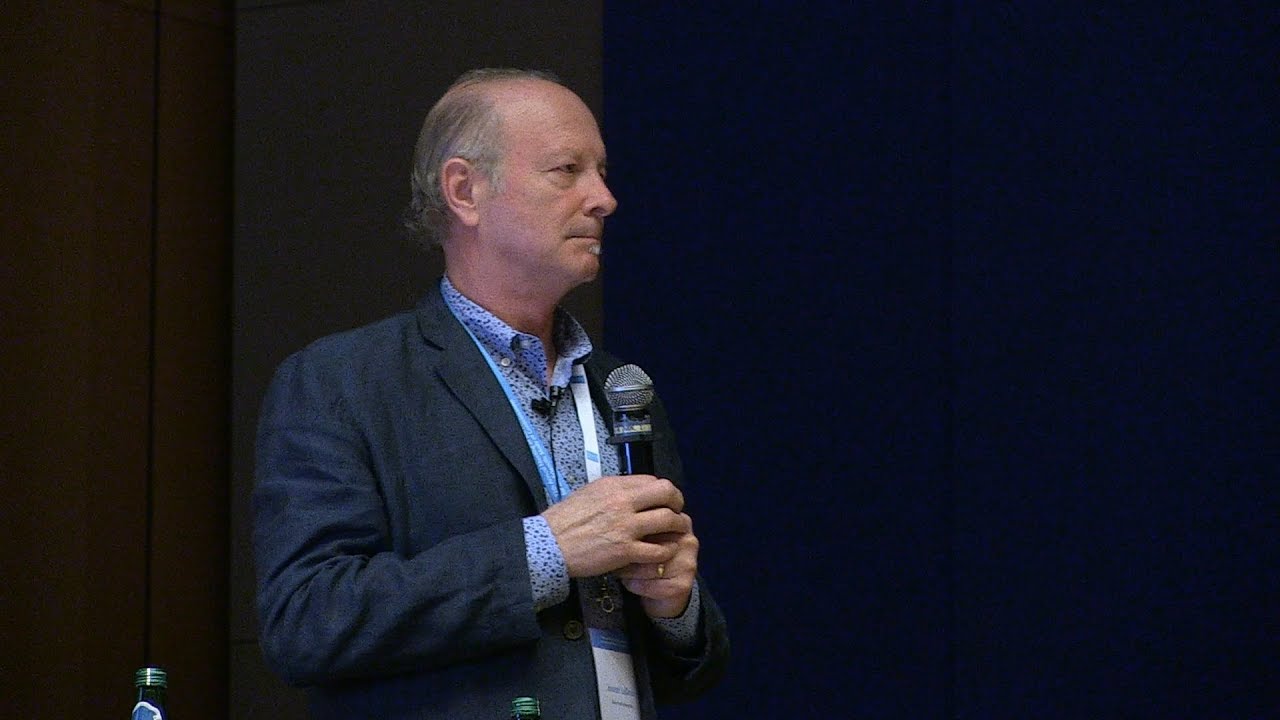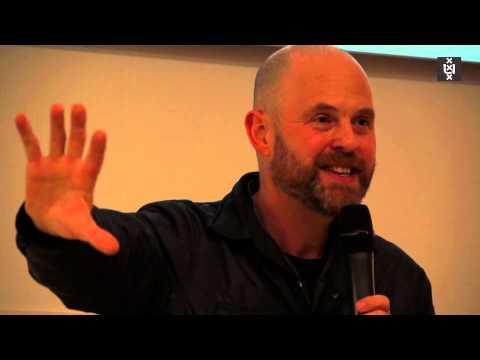Copernicus Center for Interdisciplinary Studies
The scientific study of consciousness is in a golden age. Despite the fact the emotions are the amongst the most significant of our conscious experiences, theories of consciousness have been relatively silent about emotions, either ignoring them are assuming that they are innately programmed in subcortical circuits, and thus different from the kinds of experiences that are of primary interest to consciousness researchers. I have long taken a different view, arguing that emotions are products of the same general cortical circuits that generate other kinds of conscious experiences, with the difference being that the circuit receives different inputs in emotional and non-emotional situations, and different inputs for different kinds of emotional experiences. Consider fear. From my perspective, fear is not, a, as is commonly assumed, a product of the amygdala. It is instead a cognitively constructed state in which one is personally aware of personally being in harm’s way. The amygdala contributes to the extent that it generates behavioral and physiological signals the amplify the intensity of the state, but these do not define the quality of the state. The quality depends on the kind of information the individual has stored about fear throughout life, and that provides a template (schema) for understanding and experiencing fear. Several conclusions follow: (1) behavioral and physiological responses are controlled by different circuits than those that generate conscious feelings (fear, the conscious feeling, is constructed by cortical cognitive circuits, whereas freezing, flight and supporting physiological responses are products of innately programmed subcortical circuits); (2) innately programmed circuits that control behavioral and physiological response generate non-conscious signals that influence but do not determine conscious experience; (3) the idea of unconscious emotion is an oxymoron (regardless of how I look and act, if don’t feel fear, I am not afraid); (4) because emotional experiences are based on personal criteria (schema), they are incorrigible (if I feel fear I feel fear, regardless of how I look and act).
Source
Putting Emotion into the Science of Consciousness, Joseph LeDoux




This gentleman makes a lot of well thought out points, but obviously he's never had a pet and also must be completely unaware of Koko the gorilla who was quite clearly self aware.
This line of research is going to have a huge impact on medicine and psychiatry. It's a little frustrating to see how much work it takes to chip away at old concepts, but also exciting when you think of what this could mean for the future in terms of therapeutic treatment. I would invite everyone who does not right away understand why this is so important to sit and reflect for a while. I am very excited to see what the outcome of human research will be. He appears to be more interested in the emotional side of this, but on the flip side, the physiological response side – big pharma – don't toss your benzo recipes just yet. A whole new area of medical treatment using these drugs is going to open up.
Dryer than dry. Useless to most people. Great for academics talking to each other.